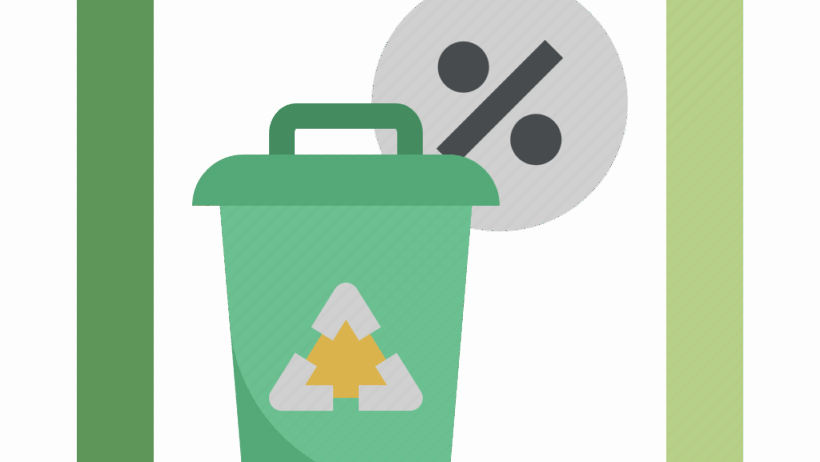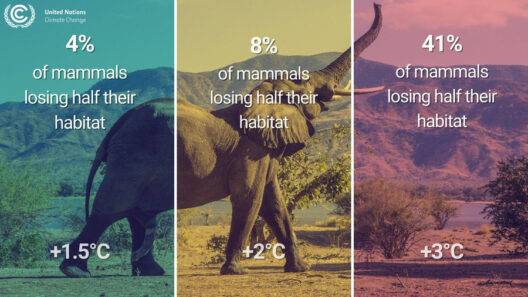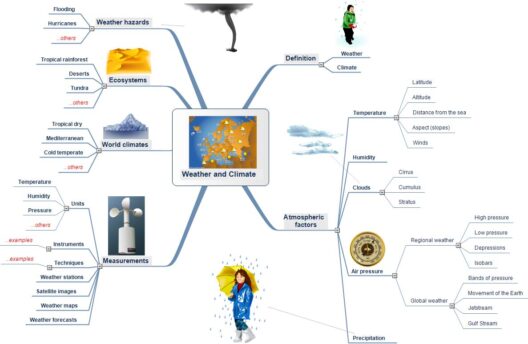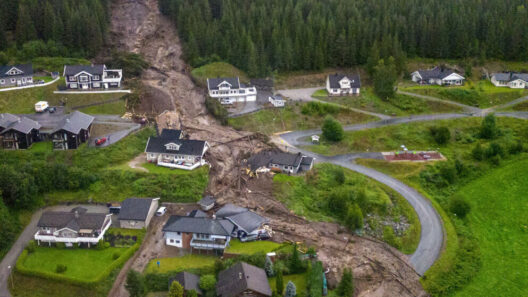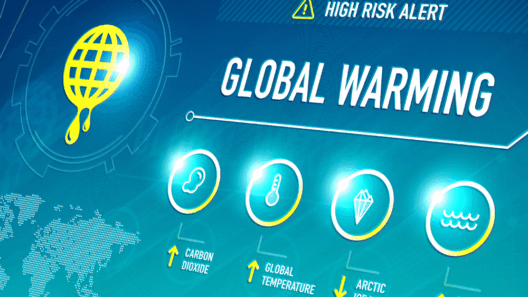In an era marked by environmental degradation and alarming climate trends, the role of waste management in perpetuating global warming has emerged as a critical concern. The phrase “Garbage In, Global Warming Out” encapsulates the dire consequences of our day-to-day waste production—each item we dispose of contributes cumulatively to the escalating climate crisis. As the world grapples with rising temperatures, shifting weather patterns, and an increase in natural disasters, understanding the true cost of our waste becomes paramount.
Waste generation is multifaceted, encompassing various materials and processes that all carry hidden environmental impacts. From everyday household trash to industrial byproducts, each category presents a distinct challenge. The prevalence of plastic in our landfills is particularly alarming; it not only occupies substantial physical space but also leeches toxic substances into the soil and waterways over time. Moreover, plastics may take centuries to degrade, resulting in an intergenerational burden that affects land and marine ecosystems alike. The sheer volume of plastic waste characterized by single-use items—bags, bottles, and straws—exemplifies a culture of disposability that exacerbates climate change.
The landfill scenario is one of the most egregious contributors to global warming. When organic matter such as food scraps and yard waste decomposes anaerobically in compacted landfills, it emits methane, a greenhouse gas with a potency significantly stronger than that of carbon dioxide over a short-term period. This unintended release compounds atmospheric warming and contributes to the broader greenhouse effect that drives climate change. The Environmental Protection Agency notes that landfills are a leading source of methane emissions in the United States, an alarming statistic that demands urgent corrective action.
Beyond landfill contribution, incineration presents its own set of challenges. While burning waste is often touted as a method for reducing landfill mass, the process generates a range of harmful emissions—including carbon dioxide and dioxins—that are released into the atmosphere. Moreover, the combustion of waste can sometimes lead to the production of toxic ash that requires careful, hazardous waste management. Consequently, while incineration may diminish waste volume, it simultaneously contributes to the overall burden of greenhouse gases, further complicating an already precarious situation.
In light of these realities, the necessity for innovative strategies in waste reduction and management cannot be overstated. A circular economy presents a promising alternative, emphasizing resource efficiency and minimizing waste through the principles of reuse, recycling, and repurposing. Transitioning away from a linear model of consumption—where products are made, used, and discarded—towards a more sustainable circular framework could significantly alleviate environmental pressures. By doing so, we can mitigate the volume of waste entering landfills and incinerators and reduce associated greenhouse gas emissions.
Consumer behavior remains a critical pivot point for effective waste management. There is an ongoing need for extensive education and awareness campaigns emphasizing the importance of responsible consumption and disposal practices. Reducing unnecessary purchases, opting for products with minimal packaging, and embracing reusable alternatives can collectively lead to a substantial decline in waste production. Even small changes, such as shifting to cloth grocery bags or utilizing refillable containers, can yield significant positive externalities when adopted at scale.
Moreover, local governments and municipalities have a pivotal role to play as facilitators of effective waste management systems. Implementing comprehensive recycling programs, fostering composting initiatives, and establishing stringent regulations for businesses regarding waste production are essential steps to foster sustainability. Moreover, public policy must ensure that corporations are held accountable for the lifecycle of their products, incentivizing them to incorporate sustainable practices throughout their supply chains.
Investing in technology also presents remarkable opportunities for transforming waste management. Advances such as waste sorting automation, organic waste digestion, and energy recovery from waste have the potential to create a more efficient and sustainable framework. Companies and municipalities that embrace these innovative solutions can enhance recycling rates, divert organic waste from landfills, and ultimately recover valuable resources from waste that would otherwise contribute to greenhouse gas emissions.
Scrutinizing our dietary habits also reveals a staggering connection to waste and climate change. Food waste is a significant contributor, with nearly one-third of the food produced globally being discarded. This waste represents not only a misallocation of resources but also an unnecessary source of methane emissions as it decomposes in landfills. By fostering an ethos of mindful consumption, innovative culinary practices such as “root-to-stem” cooking, and enhancing food distribution systems, the volume of food waste can be significantly diminished. Such shifts not only mitigate waste but also contribute to a more conscious and sustainable food system.
Finally, collaboration is elemental in building a sustainable future. The integration of community efforts, governmental regulations, and corporate responsibility is essential in addressing the multifarious challenges associated with waste production. Engaging stakeholders at all levels—be it individual consumers, local businesses, or large corporations—creates a collective momentum for meaningful change. Establishing partnerships across sectors fosters creativity, resilience, and scalability in solutions, ultimately contributing to global sustainability efforts.
In conclusion, the interplay between waste management and climate change demands urgent attention. The cost of our collective waste is much greater than what is visually apparent; it reverberates across ecosystems, economies, and communities worldwide. Recognizing waste as a significant contributor to global warming challenges us to transform our practices and policies. By embracing sustainable alternatives, fostering education, and engaging in collaborative efforts, we can curtail the amount of waste generated and, consequently, the detrimental impacts on our climate. The time for action is now, and each of us possesses the power to shift our behaviors and influence the collective outcome for our planet.



